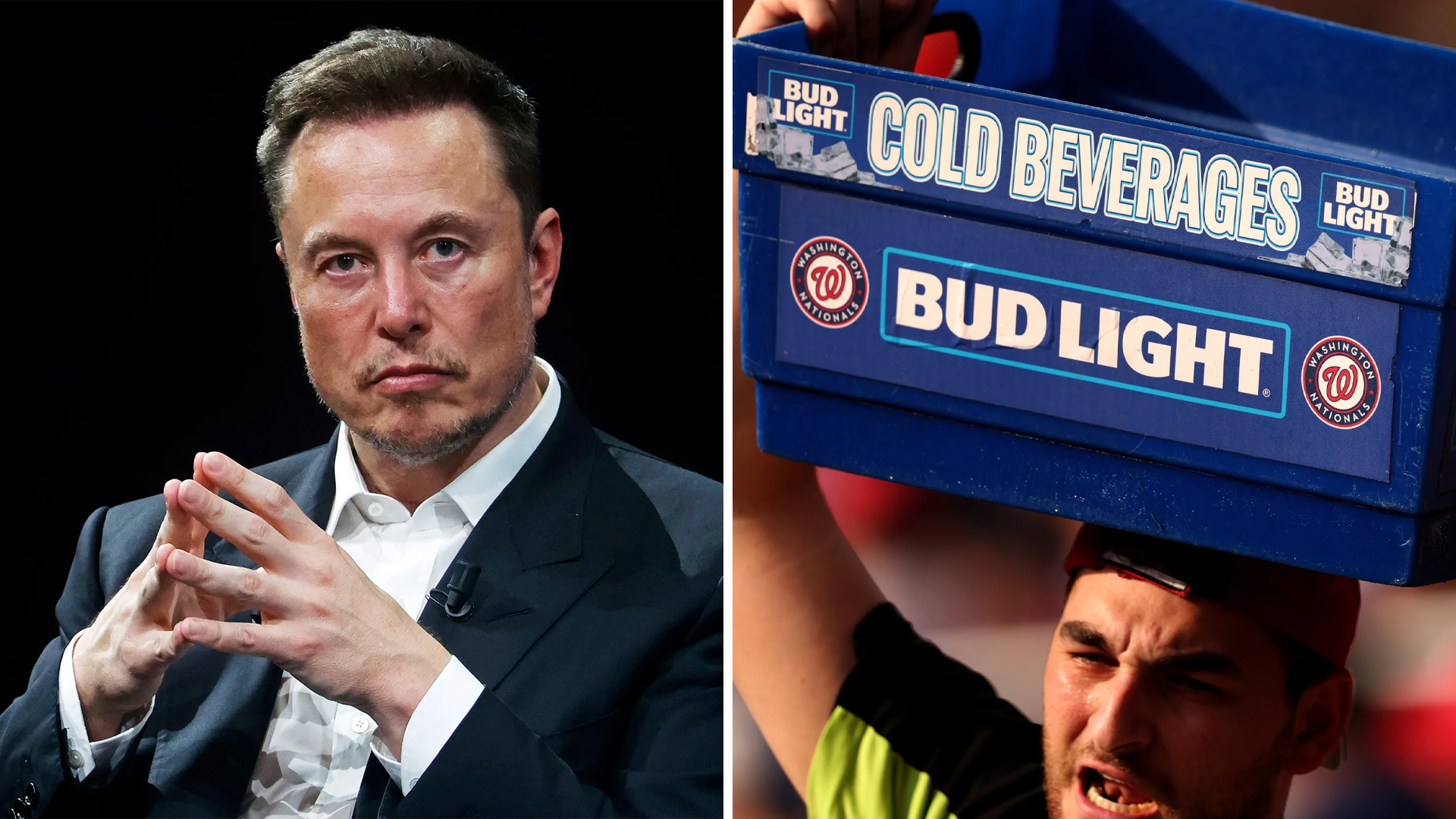Elon Musk, renowned tech mogul and the CEO of SpaceX and Tesla, has been known to cause quite a stir with his Twitter activity. His latest tweet, advising against consuming Bud Light during the 4th of July celebrations, is no exception. The post has not only triggered substantial public debate but has also sent shockwaves through the beverage industry, particularly impacting Anheuser-Busch, the parent company of Bud Light.
On the surface, Musk’s tweet might seem like a casual commentary on a popular beer brand. However, considering the timing – right before one of the biggest holidays in the United States – and the context – Bud Light’s current predicament following a controversial marketing campaign, the implications of his words are far-reaching.
The 4th of July, celebrated with barbecues, fireworks, and, of course, a fair share of beer, is a critical sales period for beer manufacturers. By advising against Bud Light, Musk could potentially influence his millions of followers’ beverage choices during the holiday, thus further impacting the brand’s sales.
The tweet also adds another layer to Bud Light’s ongoing challenges. The brand has been grappling with a sales slump and negative consumer sentiment in the aftermath of its ill-conceived marketing campaign involving influencer Dylan Mulvaney. Musk’s tweet could serve to reinforce this negative sentiment and exacerbate the brand’s woes.
Elon Musk’s influence cannot be underestimated. With a following of millions on Twitter, his opinions hold substantial sway and can shape public discourse. This is not the first time Musk has critiqued Bud Light. His previous comments on the brand significantly affected consumer perception and contributed to a dip in sales.
In light of this latest tweet, Bud Light has a significant task ahead – mitigating the potential impact of Musk’s influence and working towards damage control. This situation underscores the powerful role that influential figures play in shaping consumer behavior in the age of social media.
However, challenges often come with opportunities. Bud Light could seize this moment to engage in open dialogue, addressing the criticism head-on, and showcasing its commitment to improvement. The brand could turn the negative press into an opportunity for transparency and engagement, potentially rebuilding consumer trust.
Furthermore, Bud Light could use this as a catalyst to rethink its marketing strategy and realign it with its consumers’ expectations. By demonstrating a genuine understanding of its consumers and a willingness to adapt, Bud Light could navigate this crisis and reemerge as a stronger, more responsive brand.
In conclusion, Elon Musk’s tweet advising against Bud Light for the 4th of July celebrations has created a ripple effect through the beverage industry. As Bud Light grapples with the fallout, the brand’s response will be crucial. It’s a defining moment that will test Bud Light’s resilience and adaptability, with the potential to shape the brand’s trajectory for the foreseeable future.

